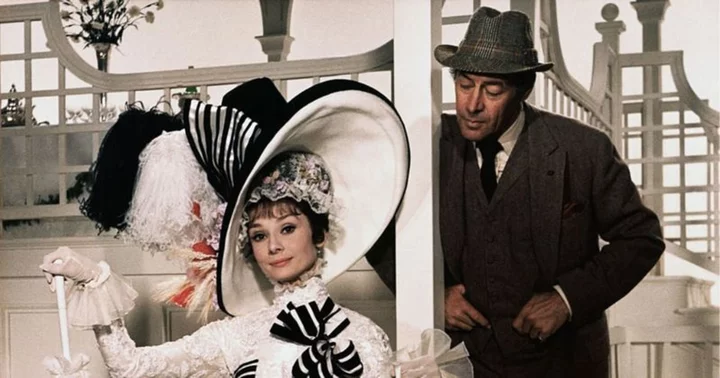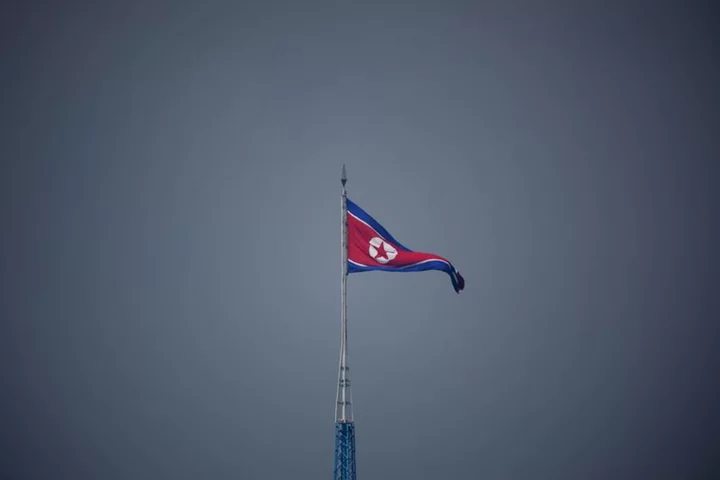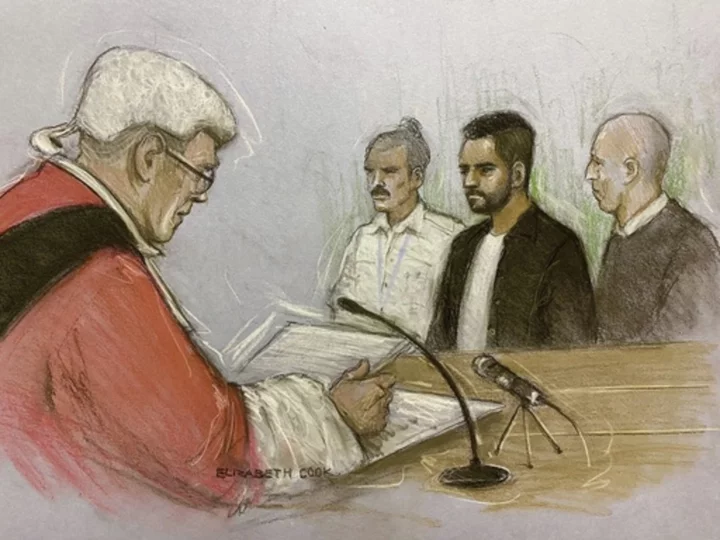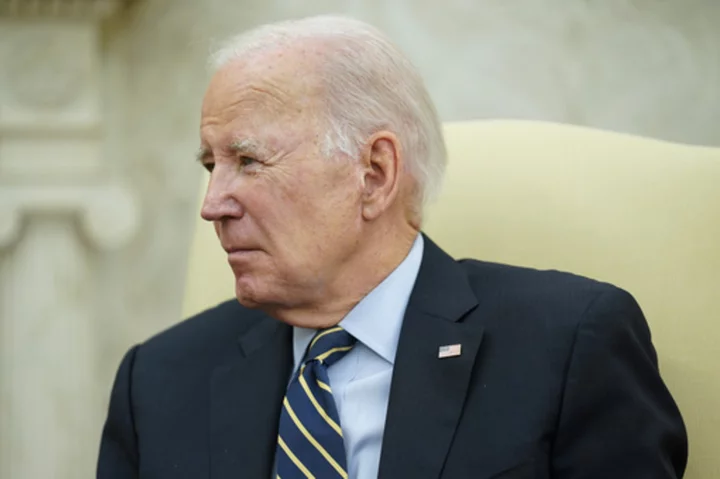NEW YORK CITY, NEW YORK: On October 21, 1964, the classic musical comedy film 'My Fair Lady' starring Audrey Hepburn and Rex Harrison premiered in New York City.
The movie, directed by George Cukor, was adapted from the 1956 Broadway musical by Alan Lerner and Frederick Loewe based on 'Pygmalion' by George Bernard Shaw.
Audrey Hepburn starred as Eliza Doolittle, while Rex Harrison played Henry Higgins. Stanley Holloway, Gladys Cooper, and Wilfrid Hyde-White were the supporting cast members.
'My Fair Lady' went on to win eight Academy Awards in 1965, including Best Picture, Best Director and Best Actor.
'My Fair Lady' was the most expensive Warner Bros movie of the time
Warner Bros bought the film rights for 'My Fair Lady' in February 1962 from CBS head William S Paley, who financed the Broadway production. It was one of the most expensive movies the studio produced then.
Made with a budget of $17 million, 'My Fair Lady', which was shot in five months between August and December of 1963 at the Warner Bros Studios, Burbank, California, became one of the biggest-grossing movies of 1964.
How was Audrey Hepburn cast in 'My Fair Lady'?
'My Fair Lady' was a significant milestone in Audrey Hepburn's acting career as it solidified her position as one of Hollywood's greatest actresses.
In the 1956 Broadway musical, Julie Andrews played the iconic role of Eliza Doolittle. However, even though she had already mastered the role and the vocals, the studio thought Andrews lacked the name recognition and glamour to carry such a major motion picture.
In his autobiography 'My First Hundred Years in Hollywood', Jack Warner wrote, "With all her charm and ability, Julie Andrews was just a Broadway name known primarily to those who saw the play. I knew Audrey Hepburn had never made a financial flop."
Though Hepburn's portrayal of the role was pretty good, her singing abilities were subpar, and Marni Nixon dubbed most of her songs.
After the movie's release in 1964, TIME wrote about Hepburn's performance, criticizing her singing while praising her acting skills.
The publication wrote, "The burning question mark of this sumptuous adaptation is Audrey Hepburn's casting as Eliza, the role that Julie Andrews had clearly been born to play….after a slow start, when the practiced proficiency of her cockney dialect suggests that Actress Hepburn is really only slumming, she warms her way into a graceful, glamorous performance, the best of her career."
Why 'My Fair Lady' is considered a classic?
Fifty-nine years later, the movie is still considered a cult classic among audiences and cinephiles.
Film critic James Berardinelli reviewed the movie and stated, "Few genres of films are as magical as musicals, and few musicals are as intelligent and lively as My Fair Lady. It's a classic not because a group of stuffy film experts have labeled it as such, but because it has been, and always will be, a pure joy to experience."
The 1964 movie is not an outdated romcom. "It's much more than just a relic of a sexist time," stated TIME.
As per the publication, the movie is not misogynistic, but it is about misogyny and states that Hollywood had a lousy reputation for narrating female-centric stories where a genius male transformed a vulnerable woman into "ideal womanhood."
Henry Higgins is trying to teach a "working woman," Eliza Doolittle, to talk pretty and look dashing in necklaces in hopes of improving her.
The movie apparently attempts to examine this narrative as it portrays a strong woman trying to retain her identity despite the presence of a controlling man around her.
Musical numbers in 'My Fair Lady' are not sexist
In the past, some people have stated that the songs penned by Alan Lerner and Frederick Loewe were sexist or misogynistic. However, the writers may have tried to portray the true nature of the male antagonist, Henry Higgins, as per TIME.
For instance, in the song 'A Hymn to Him', Higgins asks, "Why is thinking something women never do? Why is logic never even tried? Straightening up their hair is all they ever do/Why don't they straighten up the mess that's inside?"
These lines help the audience realize the misogynistic nature of Higgins.
Moreover, songs like 'Without You' and 'Show Me' help to portray things from Eliza Doolittle's perspective.









